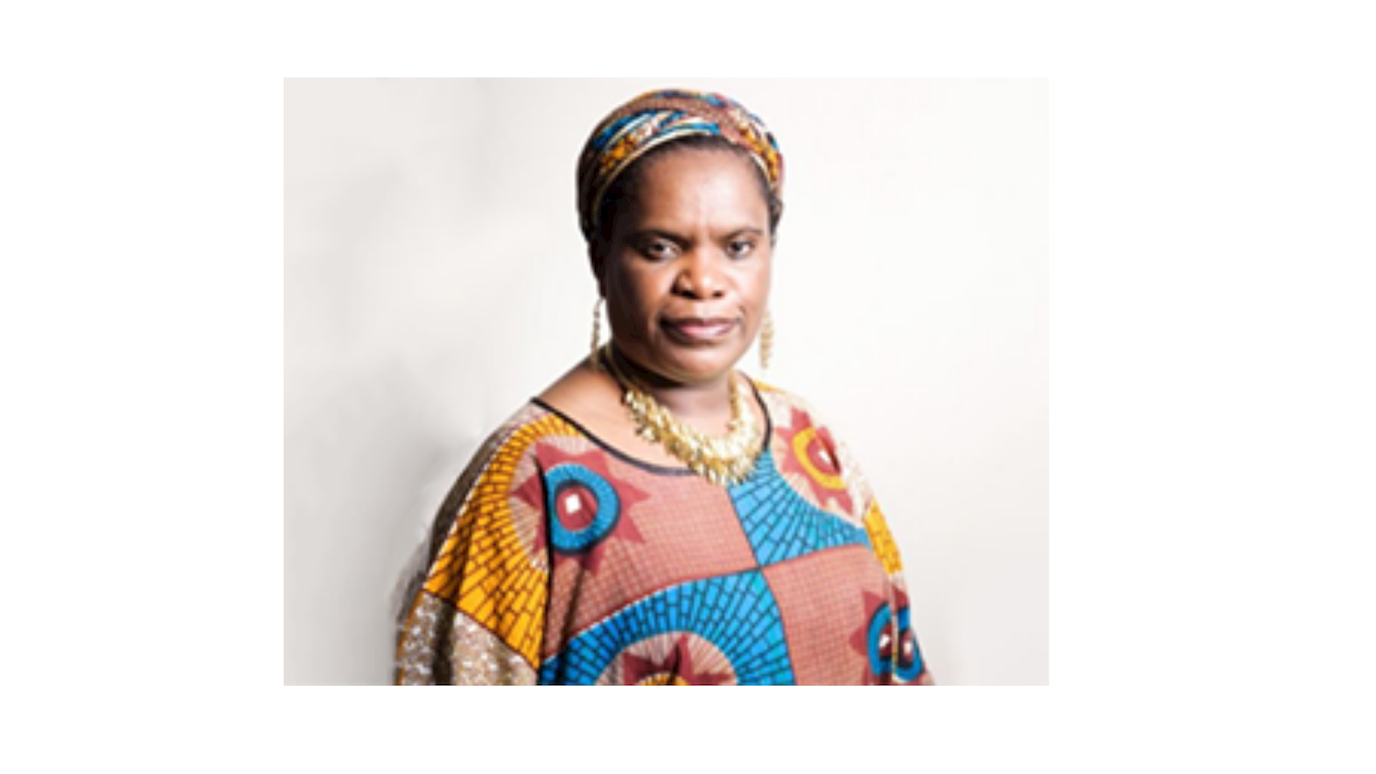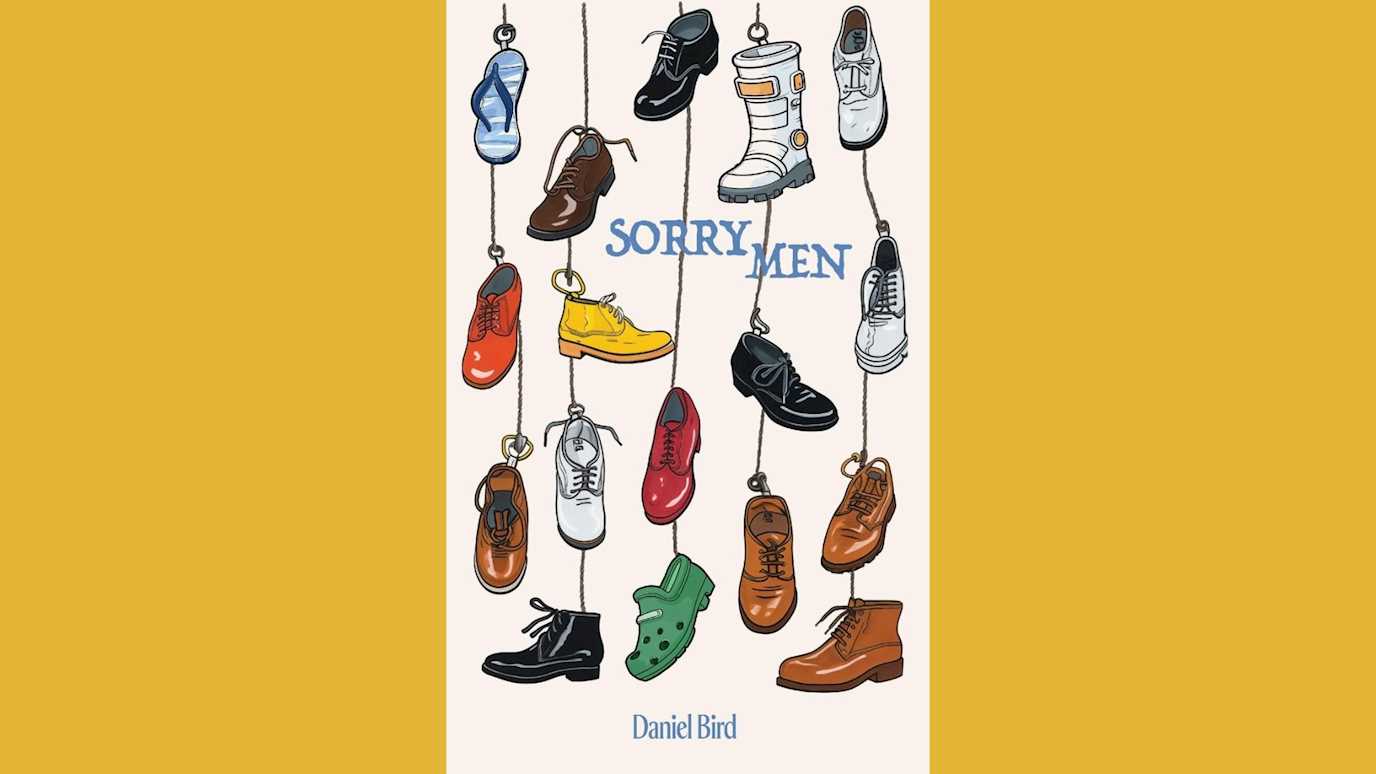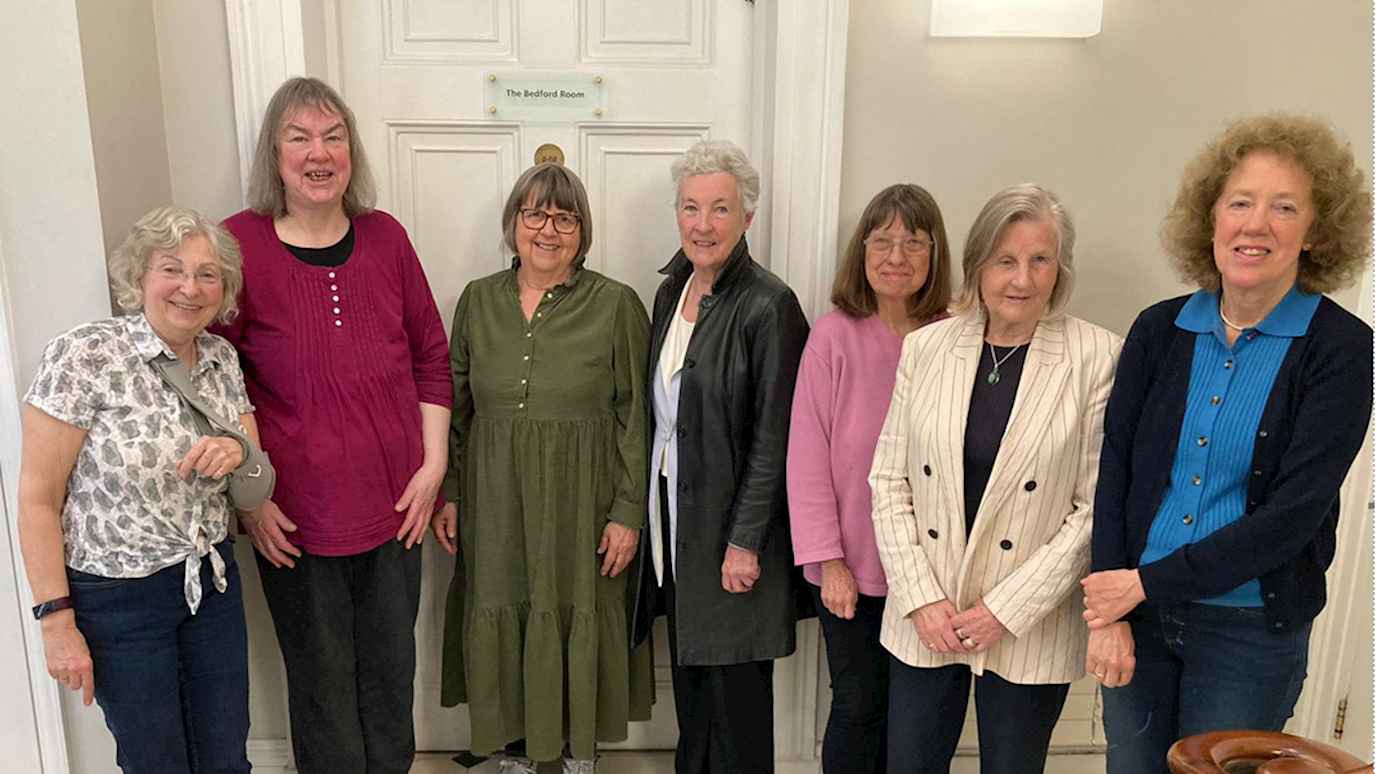The journeys students take before they arrive at Royal Holloway are rich and varied, and none more so than that of Muzvare Betty Makoni. When she started her Master’s degree in social work in 2014, the then 44-year-old had already lived a hundred lives. (TW abuse and sexual assault)

Muzvare arrived in the UK with her husband and their three young sons in 2009, having fled her native Zimbabwe where her work as a women’s rights activist had put her life in danger. As the founder of the Girl Child Network, an East African NGO which works to protect children from abuse, Muzvare had saved 35,000 girls from rape and abuse. She had also angered the powerful men who had sought to exploit them.
“The Girl Child Network became taboo and I had a bad name because the people who were enjoying the privileges of abusing these girls were angry that I was trying to stop them,” says Muzvare. “At that time, sexual exploitation in Zimbabwe was the norm. Everybody thought that marrying a girl of ten-years-old was ok, until I brought them the graphic story of the physical harm being done to these girls. That’s when people started to see that they were children, but they had been regarded as women.”
Children being married off to much older men was not the only practice that Muzvare had fought to end. In Zimbabwe, there was a widely held belief that if a man with HIV or AIDS raped a female virgin he would be cured. This so-called virgin cleansing myth, perpetuated by Zimbabwe's traditional healers, led to the rape of hundreds of children and even babies – sometimes by their own fathers, according to UNICEF.
Muzvare’s desire to protect girls from these atrocities stemmed from her own childhood trauma. “I grew up in a very violent home. The level of violence was embarrassing – waking up every morning to see your mother with a swollen face,” she says. When she was six-years-old, she was raped by a local shopkeeper. Her mother would not allow her to report her attacker. “I was traumatised and I had no shoulder to cry on,” says Muzvare.
Three years later, she witnessed her father beat her mother to death. “She was pregnant and she bled to death before she reached the hospital.”
To compound Muzvare’s trauma, she was sent away to a boarding school “notorious for beating children” after her father remarried. “This trauma, this pain, made me keep telling myself that one day I wanted to change the status quo,” she says. “There was no justice, no hospital where you could actually talk and get help.”
Believing an education would provide her the best opportunity and means to make a difference, Muzvare earned two university degrees and became an English teacher. While teaching, she noticed that girls were dropping out of school at an alarming rate. “From my experience, I knew why they were not attending – you’d find out that they had got married or had been the victims of rape,” she says. “The little girl in me wanted to stop what happened to me from happening to other girls. I was very anxious that the girls should know.”
So, in 1999 Muzvare set up a Girls’ Club at the school – a safe space where the girls could talk about what was happening at home, and learn about the risks posed to them. “It became clear that it was a club that male teachers didn’t want,” says Muzvare. “One day, a male teacher told me that all the 25 girls in his class were his wives. Little did I know that he was taking them into a private room and raping them and subjecting them to sexual exploitation.”
Furious at the lack of safeguarding, Muzvare resigned to volunteer in the community and Girl Child Network was born. Using the money she had saved from her teaching job, she established a shelter for girls to come to when they were raped or forced to marry. “There were thousands of them, we couldn’t hold the numbers who came to me,” she says.
After six months, the California-based NGO Global Fund for Women heard about GCN and gave a small grant to help pay the rent, buy groceries and provide transport to take the girls to the police stations and hospital. By 2001, funders from America and the Netherlands had heard about GCN and wanted to support it on a larger scale. Muzvare established it in ten provinces and by 2005, 35,000 girls had been saved from rape, forced marriage and female genital mutilation, with 15,000 back in education.
In 2003 the Women's World Summit Foundation awarded Muzvare with the Prize for Women's Creativity in Rural Life. In 2007 won the World's Children's Prize for the Rights of the Child and in 2008, Amnesty International awarded her its Ginetta Sagan Award for her work with the GCN
But with the success of GCN came threats to Muzvare’s safety. She worked with lawyers in Canada to make an official complaint to the International Criminal Courts about the suspected 2000 men using rape as a weapon of war during the 2008 presidential run offs. Muzvare was helping girls to escape to neighbouring Botswana to seek hospital care after suffering horrifying abuse, and when the threats to her life became unbearable, she too escaped to Botswana where she established a safe house.
Muzvare’s husband secured a job with EDF Energy in the UK and the couple, together with their three sons, emigrated. “We arrived in the UK in January 2009 and there was already an online campaign running against me in Zimbabwe,” says Muzvare. “It killed my spirit. I had no one to talk to, nobody could put it into context.” She had stepped down as a director of GCN and her efforts to establish it in the UK were thwarted.
That same year, however, CNN saw Muzvare’s shelter for women and girls in Botswana and named her as a CNN Hero for her work with GCN. She was awarded a prize by the actress Nicole Kidman at a star-studded ceremony at the Kodak Theatre in Hollywood.
In 2012, the UK Foreign Office invited her to privately address G8 Foreign Ministers with her gender based violence risk assessments, and she was their Gender Based Violence expert for two years until 2014. In 2013, Muzvare was the subject of American filmmaker Michealene Cristini Risley’s documentary ‘Tapestries of Hope’, which chronicled her efforts to protect and empower Zimbabwean women.
Seeking a new start, Muzvare decided to train as a social worker and applied to Royal Holloway to do a postgraduate degree in social work. “Seeing the Founder’s Building on the day of my interview gave me strength,” she says. I was a strong woman, but I was battered and bruised – limping like an injured soldier. I came out of my interview and I gave a monologue to the Founder’s Building. I said ‘I am a founder – I founded the Girl Child Network village, but for you Founder’s Building I have arrived – can you find me back?’ I said ‘here I am, take me as one of yours.’”
Royal Holloway offered Muzvare a sanctuary after a lifetime of turmoil, she says. “I was looking for my refuge. The academic world came to offer me sanctuary. I saw lecturers who were so good and welcoming and I felt that the department of social work was very warm – I knew this was the place for me,” she says. “I wanted to be a student, I didn’t want to be anyone bigger so I hid my story from everyone. Even if I had done good work, I didn’t want people to know about it, or that I was struggling with my mental health.”
Muzvare came to realise she could find support at the College. “Royal Holloway is a space where someone can find solace. The lecturers and professors will come to your level and ask how they can support you. That’s what makes the university outstanding – it’s not about producing all these graduates, but identifying those graduates who could have been lost elsewhere. I received emotional and financial support and for that I am incredibly grateful. There was no shame in seeking help.”
Having finished her degree, Muzvare started her social work career and established the Girls’ Empowerment Initiative in Tilbury, near her home in Essex. The Community Interest Company continues the story of GCN by seeking to empower and build confidence of girls from mostly Black Minority Ethnic Group in Essex and UK wide who may also have been victims of cultural practices such as FGM and forced marriage. Muzvare has secured funding from BBC Children in Need, the government, the National Lottery and national community funding to help them intervene in the lives of vulnerable women.
“Helping these girls has helped me with my own trauma,” says Muzvare. “If I got justice for a girl, it was justice for me. It comforts me to know that over 15,000 girls in Zimbabwe went back to school because of my determination to help them. Girls will contact me on social media and say ‘Muzvare, are you aware I’m now a doctor? I was in your club.’ It’s like music in my ears.”
























